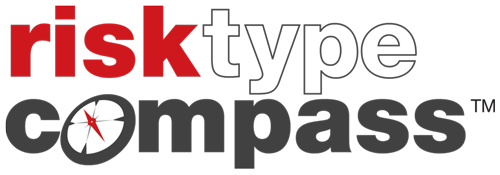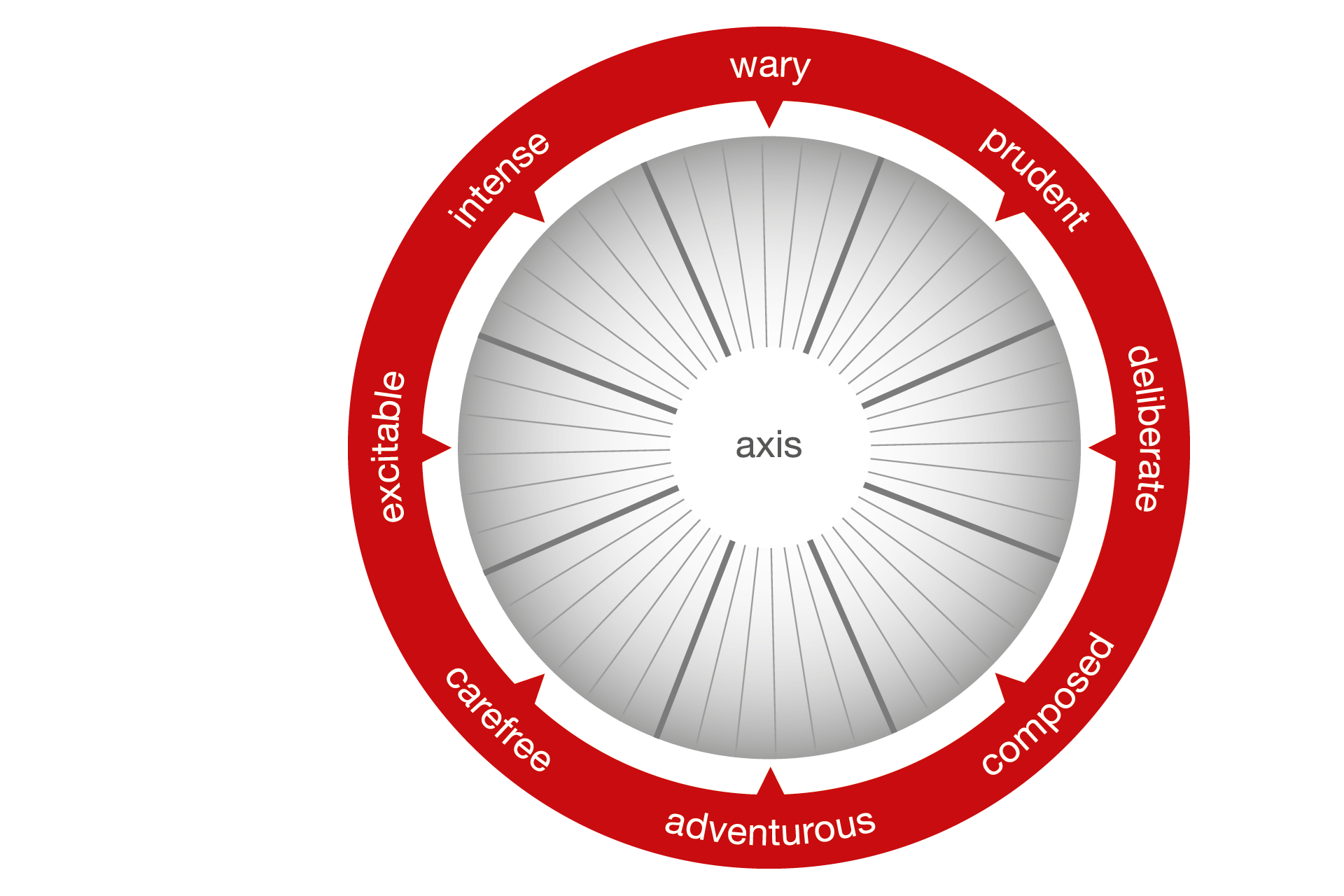Accurate identification of these all-important risk instincts will enhance decision-making performance at all levels of the organisation
Neuroscience identifies the personal biases that come into play whenever we make decisions. Two independent systems contribute to this, Emotion (how anxious or fearlessly risk-embracing we are) and Cognition (the degree to which we can tolerate uncertainty or need to make sense of everything). Emotion and Cognition combine in predictable ways to establish each individual’s distinctive decision-making style. Research demonstrates how these individual differences in risk instinct are compounded within the dynamics of group thinking, creating the undercurrents that shape our decision making.
How to implement the Risk Type Compass decision-making tool within your workplace
To administer the Risk Type Compass questionnaire, you must complete a qualification workshop, either live on Zoom or on demand via our online learning platform.
This certification course provides extensive information about how to interpret and give feedback on an individual’s Risk Type Compass profile, guidance on facilitating team development sessions as well as an overview of how to apply the tool to support organisational effectiveness. Alternatively, we offer an extensive consultancy service to support your use of the Risk Type Compass and enhance decision-making effectiveness, by delivering feedbacks and team workshops.
View and order RTC reports
Visit our training menu
- Find and book your Risk Type Compass certification and advanced courses
Explore our consultancy services
- Learn how our work will enhance decision-making effectiveness
- Discuss how we develop your key talent
- Discover our team workshops




You Are What You Risk
As cited by Michele Wucker in ‘You Are What You Risk’The Risk Type Compass decision-making tool is ‘not just used by financial firms but risk – and safety-conscious heavy industries and by corporate boards and other groups looking to improve team dynamics.